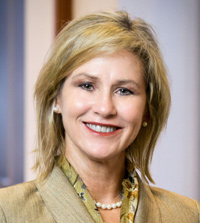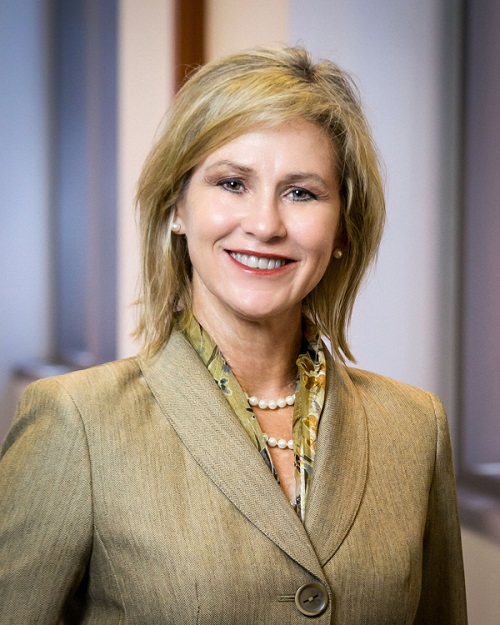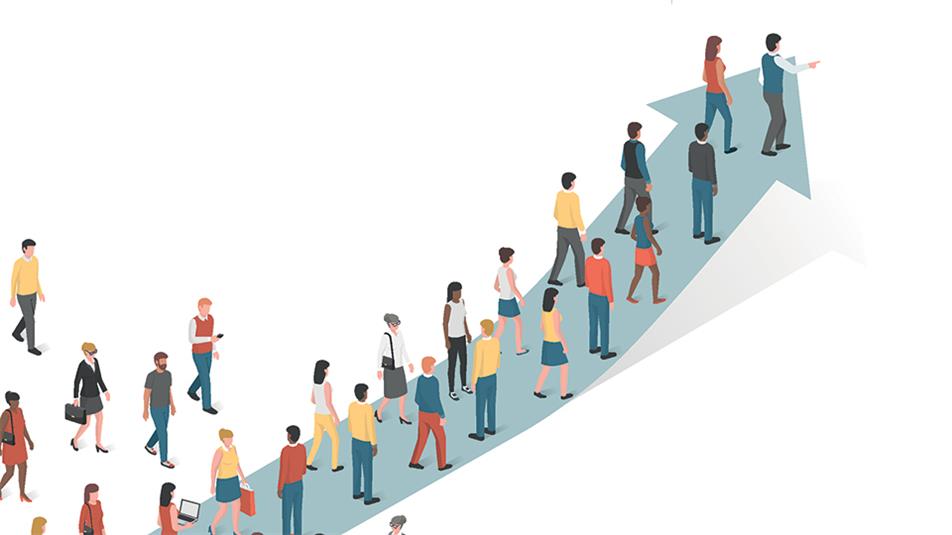By: Leah Teague, Professor of Law & Director of The Leadership Development Program, Baylor Law School
As previously discussed, amendments to ABA Standard 303(b) (development of a professional identity) & (c) (education to law students on bias, cross-cultural competency, and racism) did not require major adjustments to our programming at Baylor Law. Still, we created a faculty committee to document our compliance and consider enhancements. The committee confirmed numerous ways in which Baylor Law already complies and then considered additional opportunities to enhance their training.
This post highlights one of those enhancements. Beginning with the Fall 2022 entering class, students in each entering class are required to participate in a public deliberation workshop in their second week of law school.
What is public deliberation and why should law students learn how to do it?
The public expects lawyers to be zealous advocates for their clients, but sometimes a lawyer’s conduct goes beyond zealous advocacy and crosses the line of civility. Not only does ill-mannered conduct reflect poorly on our profession, but it also contributes to the normalizing of disrespectful, uncivil, and polarizing reactions to viewpoints and statements with which a person does not agree.
Lawyers’ professional obligations extend beyond individual clients to our system of justice and to society. As stated in the preamble to the ABA Model Rules of Professional Conduct: A Lawyer’s Responsibility, “[a] lawyer is a representative of the clients, an officer of the legal system, and a public citizen having a special responsibility for the quality of justice.” Since the beginning of this nation, lawyers have recognized that their special status comes with a professional responsibility to address pressing issues facing society. A lawyer’s legal education and training provide the opportunity to be change agents and difference makers not only for their clients but also in their communities and across the nation. These professional obligations and opportunities for influence call for lawyers to model civil discourse and to be able to facilitate deliberation in a calm and respectful manner.
The Public Deliberation Workshop teaches our students a different way to approach advocacy – one that helps them embody professionalism, model civility, and advocate more effectively. The following excerpt (from Baylor University’s website) succinctly summarizes the Baylor Public Deliberation Initiative:
We want this experience to occur early in law school, so students recognize that civility and professionalism are not antithetical to zealously representing a client. We also hope the experience will inspire and enable students to approach some of the most potentially heated issues debated in the public square (e.g., race, religion and its role in society, sexual orientation, gun rights or gun control, among others) with a desire to build community through shared values, solve problems, and build a better tomorrow.
Public Deliberation Workshop Required for Baylor Law Students
Beginning with the Fall 2022 quarter, each entering student at Baylor Law is introduced to a model for civil discourse through a workshop developed in partnership with Baylor University’s Public Deliberation Initiative. Dr. Joshua Ritter, former Director of the Public Deliberation Initiative, leads the workshops and describes it as a “partnership for training law students as active deliberative citizens with democratic skillsets they can implement within their own communities and leadership.”
The 1½ hour workshop begins with a video from our dean to explain the importance of the effort and to give some context. After some initial remarks and instructions by Dr. Ritter, the law students are divided into groups of 10-12 and given an issue for discussion. Different topics can be used but it needs to be one that elicits a wide range of differing views. We use food insecurity in our workshops to provide a less controversial topic but one with which students have a wide range of understanding and personal experience. The goal is not to change anyone’s mind on the issue, but simply for each participant to hear and to be heard on the issue. Topics incorporated into the training include active listening, cultural competency, and emotional intelligence.
Through this interactive exercise, we hope to demonstrate to students that individuals with diametrically opposed positions often share common values, but they may prioritize those values differently. We are already seeing the benefit to the law school environment as well. Creating a culture of respect for colleagues with different life experiences and perspectives enriches our classrooms and programs.
The workshops provide additional opportunities for second- or third-year law students as well. Law students in our Leadership Education and Development (LEAD) course are trained by Dr. Ritter to be the small group facilitators for upcoming workshops. As facilitators, their job is to keep the group on task while remaining neutral. After training and participation, the law students receive certificates as public deliberation facilitators.
Teaching students about expected behavior as legal professionals is baked into the DNA of a Baylor Law education. With that said, we recognize more can and should be done. Nine years ago, we made significant strides to be more intentional in our professional development training. In 2014, we created our Professional Development Program and our Leadership Development Program to better equip students for the modern challenges of being a member of our time-honored profession. The Public Deliberation Workshop is our newest addition to what we are now calling Baylor Lawyer Pathways, which will be described in a future post.
Please contact me at Leah_Teague@baylor.edu for more information on any of our programs.

Leah Witcher Jackson Teague is a Professor of Law and the Director of Business Law Programs at Baylor Law School.



